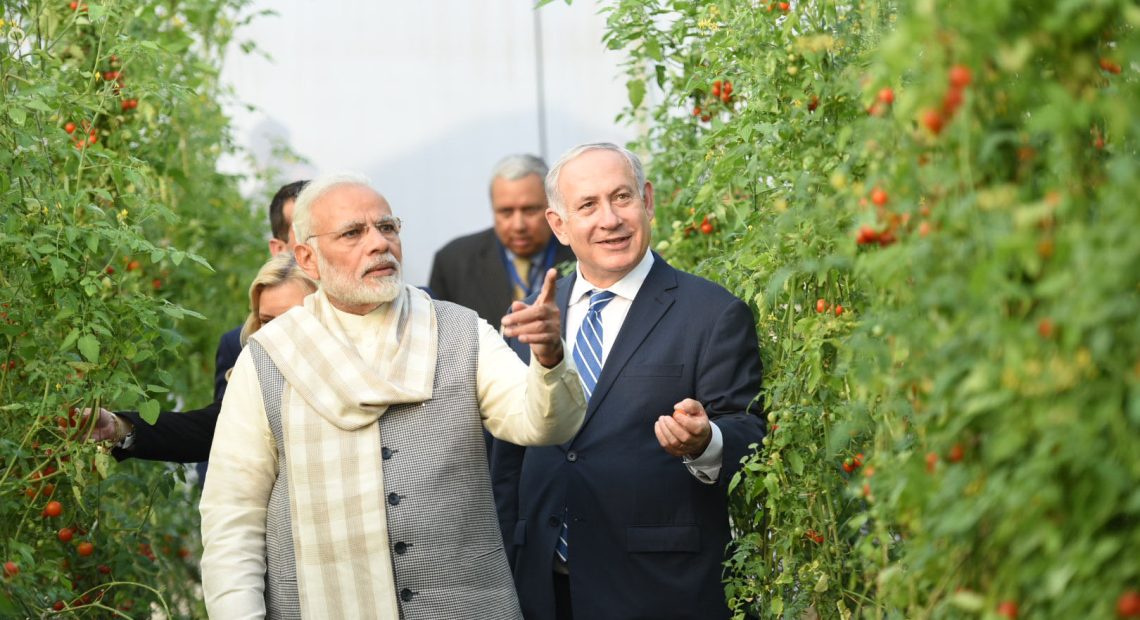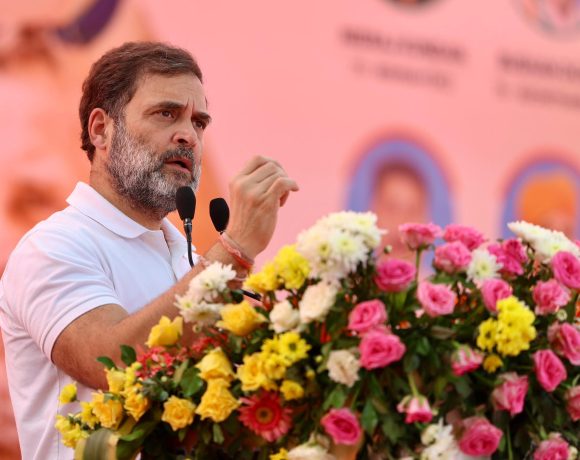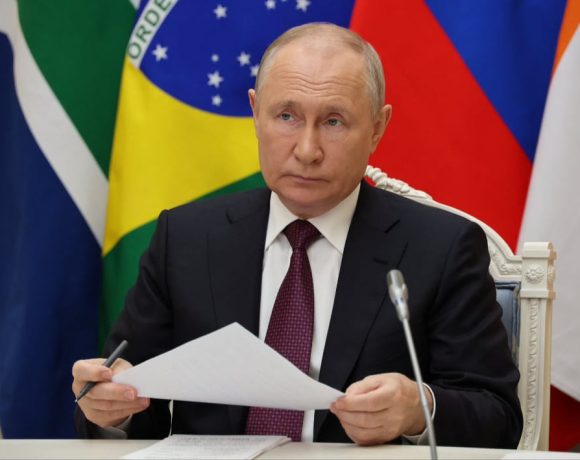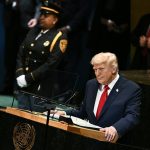
India’s UN Vote on Two States: France Gains, Israel Loses
India’s decision to back the UN resolution endorsing the two-state solution for Palestine marked a significant departure from its recent abstentions. In siding with the overwhelming majority at the General Assembly, New Delhi appeared to prioritize its broader global calculus over bilateral sensitivities with Israel. The result was a moment where France gained credibility as India’s anchor in the West, while Israel was left with a sense of unease.
The “New York Declaration,” co-sponsored by France and Saudi Arabia, called for the reaffirmation of the two-state solution as the path to peace in the Middle East. The resolution passed with 142 votes in favour, 10 against, and 12 abstentions. India’s ‘yes’ vote was notable not because it broke new ground—India has supported the two-state solution since the days of Nehru—but because it reversed the pattern of abstentions that had marked its recent UN positions on Gaza.
Several factors explain this shift. On the surface, humanitarian optics mattered. With mounting civilian casualties in Gaza, India could not afford to be perceived as indifferent. Equally important were the sensitivities of the Arab world, particularly since Saudi Arabia co-sponsored the resolution. An abstention in this context would have been read as a tilt away from Arab interests. But the crucial element was France’s role. With Paris stepping in as a lead sponsor, India found Western cover to support the resolution without appearing to turn directly against Israel.
France today is perhaps India’s most reliable partner in the West. From Rafale jets to submarine projects, nuclear power cooperation to diplomatic backing on Kashmir, the Indo-French partnership runs deep. Aligning with France at the UN offered New Delhi more strategic weight than risking irritation in Tel Aviv. In return, India reinforced France’s positioning as a bridge between the West and the Arab world.
For Israel, India’s vote is uncomfortable. Symbolism counts in diplomacy, and Israel closely tracks who stands with it at the UN. With only the United States and a handful of Pacific allies voting against the resolution, Israel was once again isolated. India’s decision to side with France and the Arab bloc underscored a hierarchy of priorities: Paris and Riyadh outweighed Tel Aviv in this instance. Still, it would be misleading to suggest India has abandoned Israel. Defense, intelligence, and technology cooperation continue robustly, but the optics of political solidarity at the UN have shifted.
In the larger trade-off, India gained Arab goodwill, reinforced its strategic bond with France, and kept itself aligned with the global mainstream. The cost was manageable—some Israeli discomfort, but no rupture in the relationship. The calculation was straightforward: France plus the Arab bloc mattered more than Israel alone.
India’s vote, therefore, was less about betrayal and more about realpolitik. France emerged with greater credibility as India’s Western anchor, while Israel was left to swallow diplomatic symbolism. In the theatre of the UN, India made its choice clear: when balancing friends, Paris can tip the scale more than Tel Aviv.


















